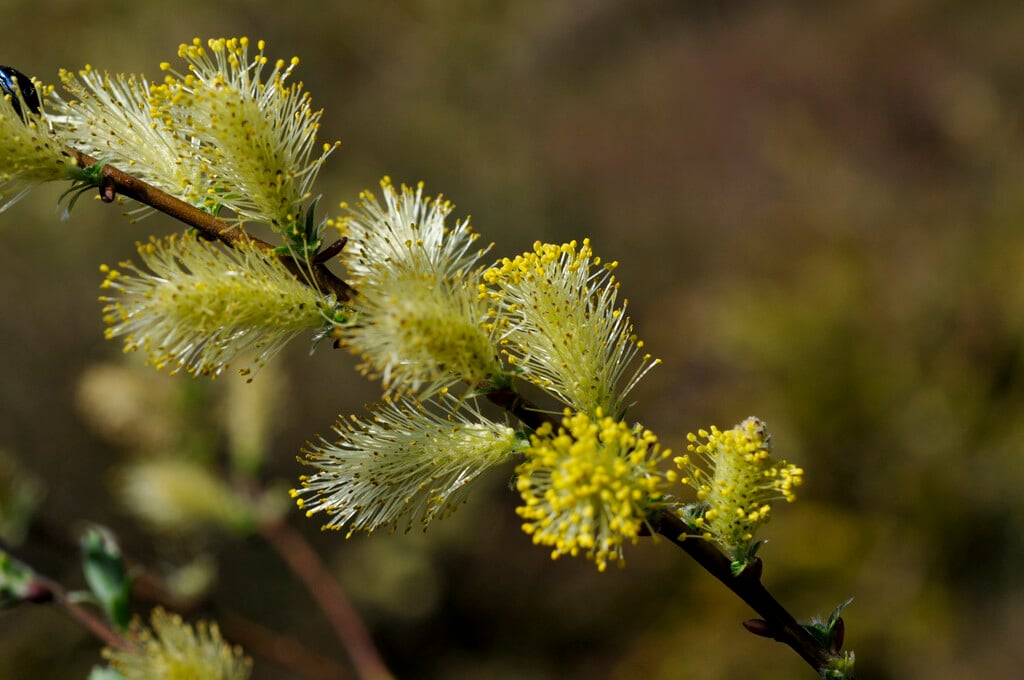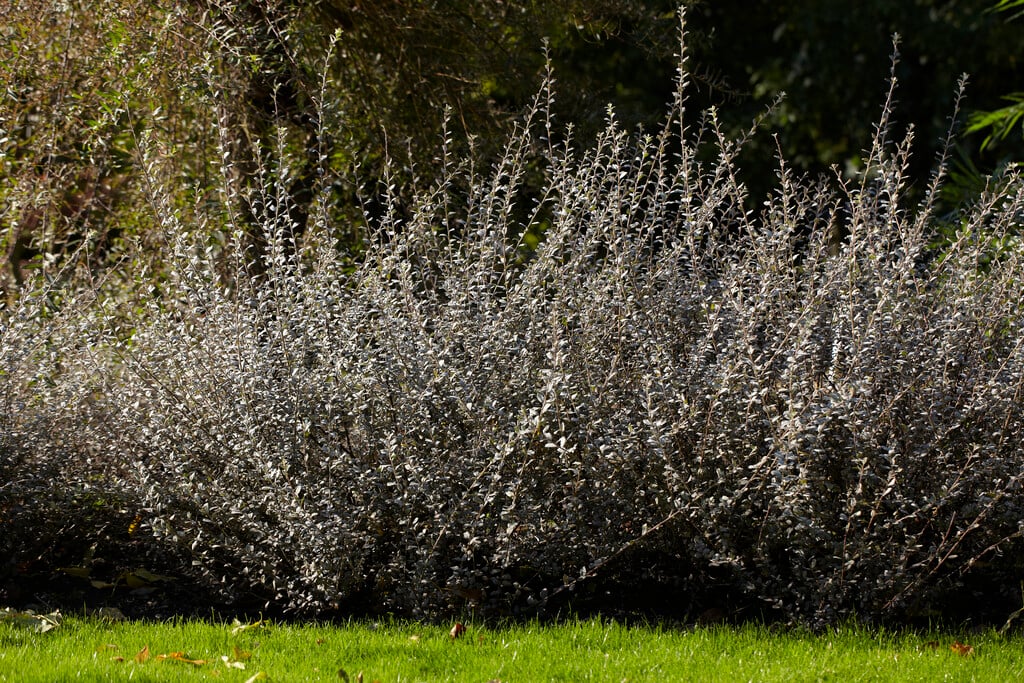Salix repens
creeping willow
A variable deciduous shrub, usually low-growing and no more than 1m high, with creeping roots, slender stems and small, oval to oblong green leaves. Shoots and leaves are covered with fine silky hairs when young, and leaves remain hairy on the undersides. Small yellow-green catkins are produced before the leaves in spring. Sometimes grafted as a standard to create a small weeping tree; smaller forms may be suitable for rock gardens
Size
Ultimate height
0.5–1 metresTime to ultimate height
2–5 yearsUltimate spread
1–1.5 metresGrowing conditions
Moisture
Moist but well–drained, Poorly–drainedpH
Acid, Alkaline, NeutralColour & scent
| Stem | Flower | Foliage | Fruit | |
| Spring | Yellow Green | Green Grey Silver | ||
|---|---|---|---|---|
| Summer | Green Grey Silver | |||
| Autumn | Green Grey Silver Yellow | |||
| Winter |
Position
- Full sun
Aspect
East–facing or South–facing or West–facing
Exposure
Exposed or Sheltered Hardiness
H6Botanical details
- Family
- Salicaceae
- Native to GB / Ireland
- Yes
- Foliage
- Deciduous
- Habit
- Pendulous weeping, Spreading branched
- Genus
Salix are deciduous shrubs and trees of diverse habit, with simple leaves and tiny flowers in catkins, male and female usually on separate plants. Some are valued for their brightly coloured winter shoots, others for their foliage or showy male catkins
- Name status
Correct
- Plant range
- Eurasia
How to grow
Cultivation
Grow in any deep, moist soil in full sun. Avoid shallow chalk soil
Propagation
Propagate by softwood cuttings in early summer or hardwood cuttings in winter
Suggested planting locations and garden types
- City and courtyard gardens
- Coastal
- Cottage and informal garden
- Rock garden
- Wildlife gardens
Pruning
Pruning group 1 or 7
Pests
May be susceptible to aphids, caterpillars, willow leaf beetle, sawflies and willow scale insects
Diseases
May be susceptible to willow anthracnose, honey fungus and rust diseases
Love gardening
Sign up to receive regular gardening tips, inspiration, offers and more
View our Privacy Policy
Get involved
The Royal Horticultural Society is the UK’s leading gardening charity. We aim to enrich everyone’s life through plants, and make the UK a greener and more beautiful place.

